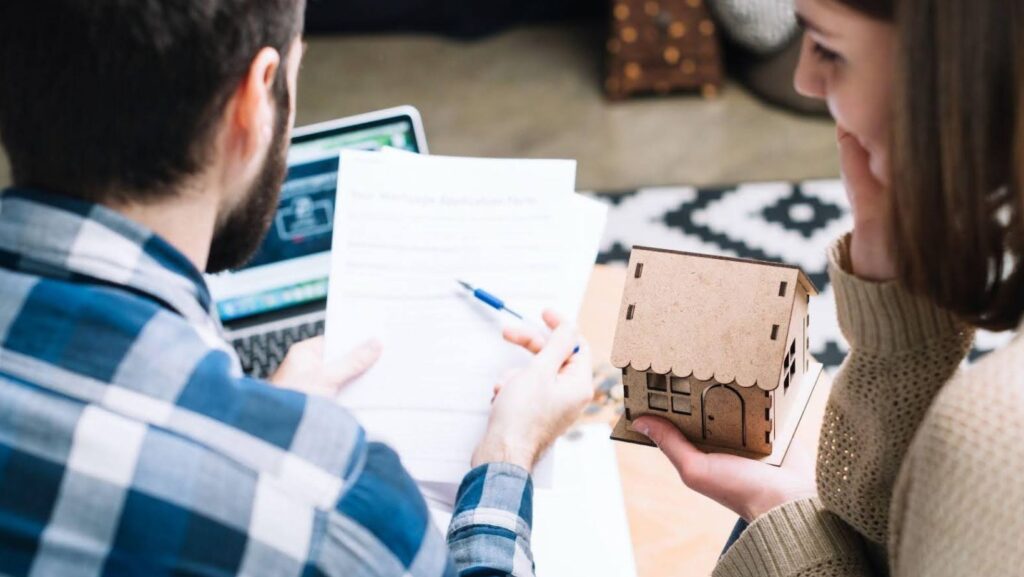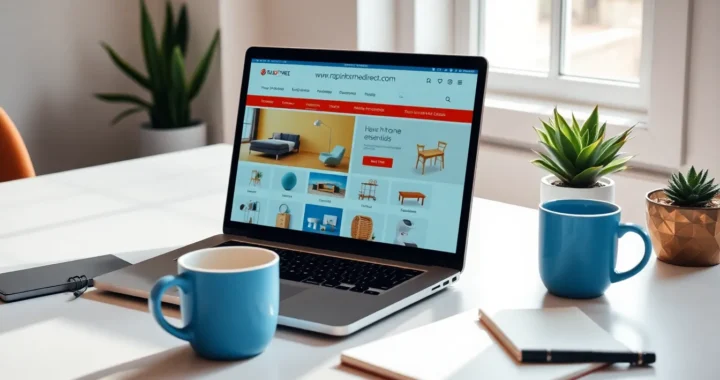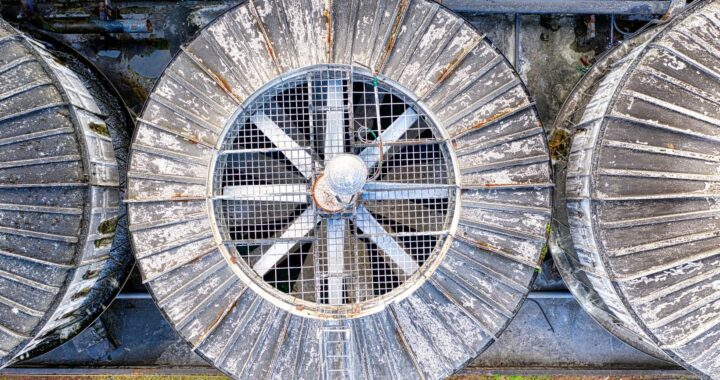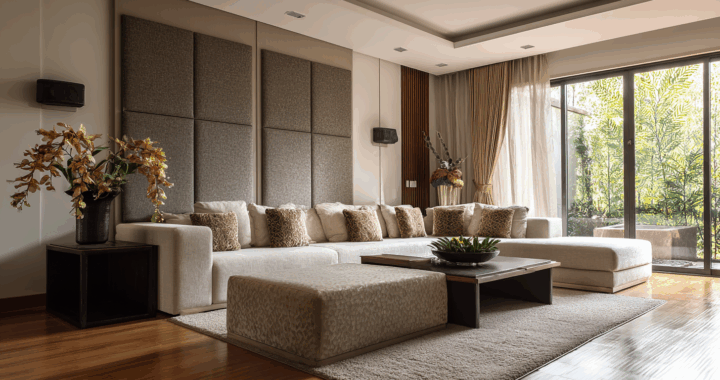When a Second Mortgage Is the Smartest Move in the Room

Second mortgages get a bad rap. Most people assume they’re a last resort. Something you take on when things go sideways. But for a growing number of homeowners, they’re a financial strategy. One rooted in planning, not panic.
If you’ve built up equity in your home and need access to cash, a second mortgage can unlock thousands without forcing you to refinance your primary mortgage. The key is knowing how it works and when it’s worth it.
What Is a Second Mortgage?
A second mortgage is exactly what it sounds like: a second loan secured against your property. It doesn’t replace your current mortgage. It stacks on top of it.
The amount you can borrow depends on your home’s equity, typically up to 80% of your home’s value, minus the balance on your first mortgage. You get a lump sum, agree to a repayment term, and start paying interest. Simple on paper. But what matters is what you use it for and how you lock in the best terms.
When It Makes Sense
Second mortgages aren’t about impulse. They’re about purpose.
People use them to consolidate debt, renovate, invest, or help family, and they’ve been doing it for decades. As noted in a report from Harvard’s Joint Center for Housing Studies, second mortgages have historically been a crucial financial tool for homeowners needing liquidity without refinancing their primary loan.
Understanding the Rates (and Why They Matter)
Because a second mortgage is riskier for the lender, rates are typically higher than a first mortgage. But that doesn’t mean you should accept the first offer that hits your inbox. Lenders vary widely in what they charge, and the difference between 7% and 11% adds up fast when you’re borrowing tens of thousands.
Before committing, make sure you explore options for low second mortgage rates through a trusted lender. A few hours of research could save you thousands over the life of the loan.
What to Watch For
Second mortgages aren’t inherently risky, but misuse can make them dangerous. Here’s what to keep in mind:
- You’re putting your home on the line. This is secured debt. Defaulting isn’t an option.
- The loan adds to your monthly payment obligations. You’re now paying two lenders, not one.
- Home values fluctuate. If the market dips and you need to sell, you might not break even.
That said, none of these risks are dealbreakers if you go in with a plan, and don’t borrow more than you can repay.
Questions to Ask Before Signing
- Is this the best available rate I qualify for?
- What’s the total cost over the loan term?
- Can I realistically handle both mortgage payments?
- What’s my backup plan if income changes?
If you can answer those honestly and still feel confident, you’re probably in a good position to proceed.
Final Thought: Leverage Without Regret
A second mortgage isn’t a shortcut. It’s a strategy. Used wisely, it can open doors: financially, emotionally, and literally. But it only works if you treat it like what it is: a serious financial tool that requires clear math, smart timing, and the right lending partner.


 www Rapid HomeDirect .com: The Ultimate Destination for Home Goods
www Rapid HomeDirect .com: The Ultimate Destination for Home Goods  Explosion-Proof Fans for Chemical Plants, Refineries, and Oil Rigs
Explosion-Proof Fans for Chemical Plants, Refineries, and Oil Rigs  Protecting Your Home from Neighborhood Noise Pollution
Protecting Your Home from Neighborhood Noise Pollution